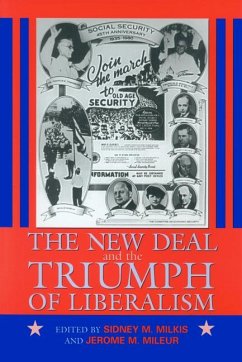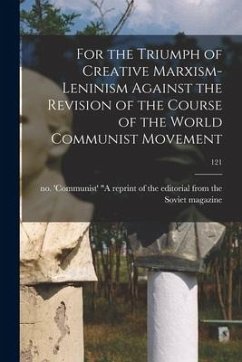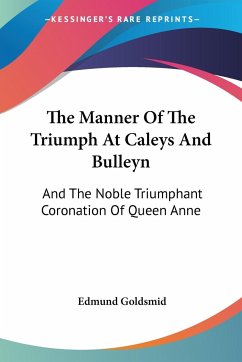
How Great the Triumph
James Burnham, Anti-Communism, and the Conservative Movement

PAYBACK Punkte
31 °P sammeln!
James Burnham began his intellectual career in the 1930s as a Trotskyist. However, world events and his personal experiences within the Trotskyist movement convinced him that all forms of Marxism must be totalitarian, and he left the world of Marxism in 1940. This book focuses especially upon Mr. Burnham's career as a senior editor with William F. Buckley, Jr.'s National Review, putting him within the context of the conservative intellectual movement as a whole. Burnham, despite what he called his 'hard' anticommunist public stance, served as a moderating pragmatic force within National Review...
James Burnham began his intellectual career in the 1930s as a Trotskyist. However, world events and his personal experiences within the Trotskyist movement convinced him that all forms of Marxism must be totalitarian, and he left the world of Marxism in 1940. This book focuses especially upon Mr. Burnham's career as a senior editor with William F. Buckley, Jr.'s National Review, putting him within the context of the conservative intellectual movement as a whole. Burnham, despite what he called his 'hard' anticommunist public stance, served as a moderating pragmatic force within National Review and American conservatism. He urged fellow conservatives to accept a minimum welfare state, to work within the established two-party system, and to adopt a tough but realistic foreign policy. Contents: From Left to ?; Lenin's Heir and Beyond; Burning His Bridges; Whither Conservatism?; The Ideology of Western Suicide; Sectarian and Doctrinaire Clannishness; Mr. Burnham; Epilogue; Selected Bibliography.












